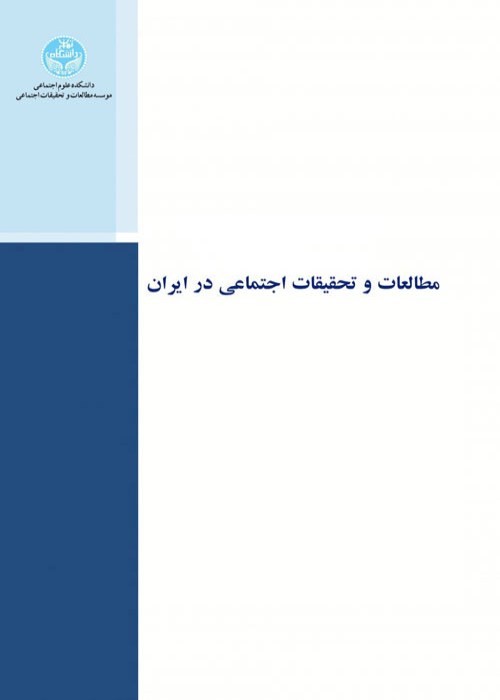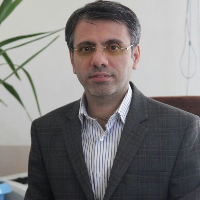The Experience of Social Exclusion and Violence in the School Square: A Critical Ethnography of Violence in Sanandaj Boys' Secondary School Students
Student violence is an undeniable social phenomenon in many schools. What is missing in explaining student violence is the school itself. Research on school performance suggests that schools can also act as agents of social exclusion (Booth, 2011; McCluskey, 2008; Osler, 2006). The present study seeks to describe and analyze the forms of exclusion and violence of students and to understand how social exclusion of students creates violence in school.
The method of the present study is critical ethnography. The research field is high schools and vocational schools for boys in Sanandaj and schools were selected that, based on information, field observations, and inquiries from informants, experienced the most manifestations of student violence. Among them, 19 individual interviews, 6 group interviews with students and 10 interviews with teachers, deputies and the school principal were conducted.in In performing critical ethnography, an experimental activity has followed the Carspecken research program.
According to the present study, students experience some form of social exclusion through school. Students have their own meanings of social exclusion. Students' experiences of being expelled from school are categorized as "boredom and alienation," "recognition disorder," "disciplinary order," "coalition care policy," and " One-dimensionality of life." Student violence in the three main categories of students, teachers and the school was categorized.
violence and social exclusion in school, it is a cycle that is primarily related to the experience of rejection by teachers as well as to places outside the school. Often, students who are excluded from school are also excluded from home. In critical ethnography, after exposing the rejectionist aspects of school, attempts are made to suggest ways to reverse inequality and expel students. From the students' point of view, the duality of special-ordinary schools needs to be deconstructed. By strengthening social skills, teachers should refrain from blaming and rejecting dissident students and repair their relationships with them on the basis of respect. The transition from one-way and monologue education to democratic and participatory education and valuing the knowledge and needs of students is necessary, especially in marginalized and underprivileged areas.
- حق عضویت دریافتی صرف حمایت از نشریات عضو و نگهداری، تکمیل و توسعه مگیران میشود.
- پرداخت حق اشتراک و دانلود مقالات اجازه بازنشر آن در سایر رسانههای چاپی و دیجیتال را به کاربر نمیدهد.




